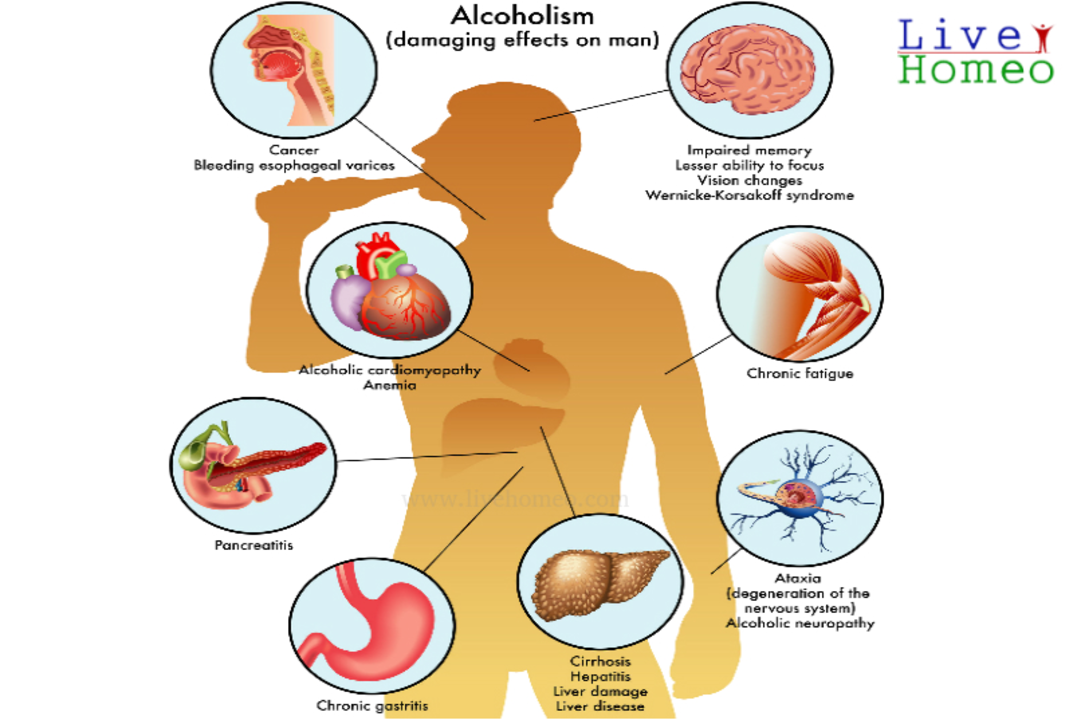Alcohol consumption and medicines: what you need to know
Mixing alcohol with medications isn’t always obvious. Some pills stay safe with a drink or two, while others can cause serious problems even after a single glass. This page explains the real risks, gives practical tips, and points out common drug types that often clash with alcohol.
Why alcohol + meds can be dangerous
Alcohol changes how your body processes drugs. It can speed up or slow drug breakdown in the liver, boost side effects like sleepiness or dizziness, and sometimes create new, harmful reactions. For example, mixing alcohol with sedatives (like benzodiazepines), opioids, gabapentin (Neurontin), or antihistamines (like hydroxyzine) can dangerously slow breathing and thinking. With antidepressants like bupropion (Wellbutrin), heavy drinking raises the risk of seizures. Antibiotics such as metronidazole (Flagyl) can cause a nasty disulfiram-like reaction—nausea, flushing, and racing heart—if you drink while on them.
Even drugs that don’t directly interact can be affected if your liver or kidneys are already stressed. If you have liver disease, heart problems, or uncontrolled blood pressure, alcohol can worsen those conditions and change how drugs work.
Practical rules you can use today
1) Read the label and ask. Look for warnings on the leaflet and ask your pharmacist if alcohol is safe with your prescription. They hear these questions every day.
2) Hold alcohol for certain meds. If you’re taking metronidazole (Flagyl), avoid alcohol during treatment and for at least 48 hours after the last dose. For sedatives (midazolam/Versed), wait until the drug is fully cleared—often a day or more—before drinking.
3) Start small and test. If a medication page or your doctor says light drinking might be okay, try one drink on an evening when you don’t have to drive or operate machinery. Pay attention to extra sleepiness, slurred speech, or imbalance.
4) Avoid binge drinking. Drinking heavily spikes risks across the board: more side effects, more liver strain, less effective medicines, and higher chance of accidents.
5) Be extra careful with chronic conditions. If you take blood pressure meds like valsartan (Diovan), statins, or drugs for mental health, talk to your prescriber about safe limits. Alcohol can blunt medication benefits or worsen side effects like low blood pressure or liver stress.
6) Know emergency signs. Seek immediate help if you have severe vomiting, trouble breathing, fainting, fast irregular heartbeat, or seizures after mixing alcohol and meds.
Want specifics? Check the related articles below for drug-by-drug advice—from erectile dysfunction meds (Cenforce-D, Cialis alternatives) to antibiotics, anticonvulsants, and sedatives. If you’re unsure, call your healthcare provider or a pharmacist before you drink. A quick check can prevent a serious problem and keep your treatment on track.
The relationship between alcohol consumption and high uric acid levels
In a recent study, I discovered a significant correlation between alcohol consumption and increased uric acid levels. As I delved deeper, I learned that excessive alcohol intake can lead to a higher production of uric acid in the body, potentially causing gout and other health issues. Interestingly, different types of alcoholic beverages like beer and liquor have varying impacts on uric acid levels. It's essential to be mindful of our alcohol consumption and consider moderation to maintain a healthy uric acid balance. I'll continue to explore this topic and share more findings to help us make informed decisions about our health and lifestyle choices.
Keep Reading
